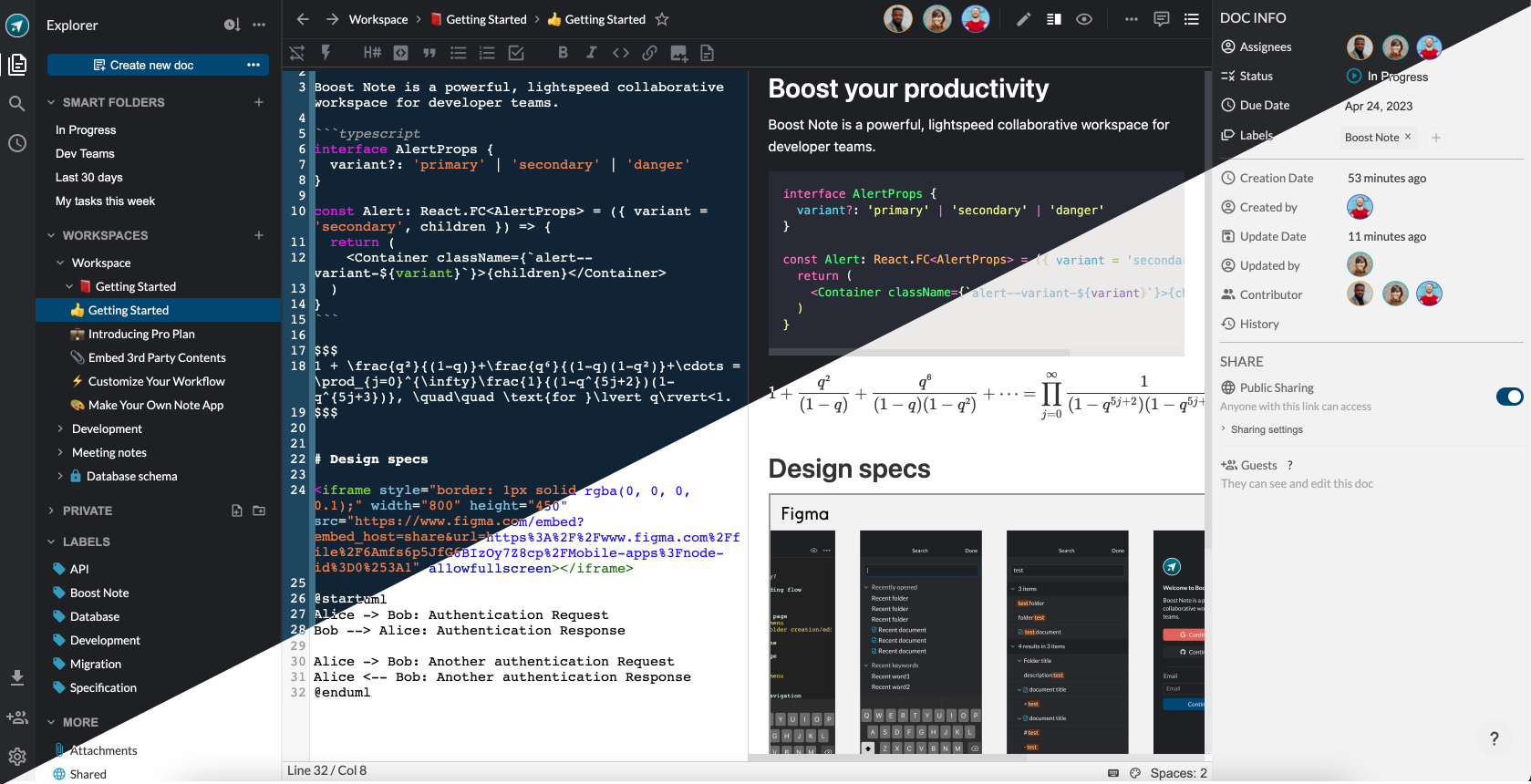
With access to biomarkers that not only pinpoint earliest-stage cancers, but also distinguish between aggressive and non-aggressive disease, the opportunities suddenly seemed endless. In collaboration with Mahidol University’s renowned Siriraj Hospital in Bangkok, Dr Bhakdi had finally solved the elusive cells’ mystery, prompting oncologists around the globe to fundamentally rethink traditional diagnostic pathways. Shed from the blood vessels of early-stage, malignant tumours, tCEC are powerful, yet extremely hard-to-locate cancer markers that have long been branded ‘too hard to find’ to be considered for routine applications.

Using a new platform technology capable of identifying ultra-rare cells in small blood samples, Dr Bhakdi and his team had found a way to isolate and visualise tumour-associated Circulating Endothelial Cells (tCEC, or simply CEC) in a routine laboratory.

Less than three months ago, in August 2018, X-ZELL CEO Dr Sebastian Bhakdi took to stage at the 19th Asia-Pacific Prostate Cancer Conference in Brisbane (Australia) to reveal an unexpected breakthrough in early cancer detection.


 0 kommentar(er)
0 kommentar(er)
